Ten days ago on Aug 12, Algeria in northern Africa welcomed the completion of the country's East-West Highway, a landmark megaproject of the Belt and Road Initiative.
While celebrating the completion of the highway's final 84-kilometer section by China's CITIC Construction, Algerian Prime Minister Aymen Benabderrahmane hailed the "exceptional quality of work", adding that Algerian engineers and technicians had gained valuable hands-on experience from construction of the highway.
The highway is one of many successful projects achieved over the 10 years of the BRI, which have helped improve the prospects of prosperity on the African continent, rather than resulting in alleged "debt traps" as some Western observers claim, according to officials, scholars and media organizations.
Foreign Ministry spokesman Wang Wenbin said that since the Chinese company became involved in the Algerian highway project, the Chinese side had "trained nearly 10,000 local construction workers, benefited close to 40 million residents and received wide acclaim in Algeria".
"China stands ready to work with Algeria and the rest of the world to advance high-quality Belt and Road cooperation and boost world economic recovery and sustainable development," he added.
Erastus Mwencha, former deputy chairperson of the African Union Commission, said: "Africa's debt, the majority of it, is not from China. It is from other institutions like the IMF(International Monetary Fund), World Bank and European bonds."
In an interview with China News Service last month, he noted that the allegations of China setting "debt traps" for Africa is a narrative pushed by agencies and countries who do not expect to see Belt and Road programs succeed.
"That's (debt traps) a myth. A number of studies and research have been carried out to demystify that myth," he said.
"Africa's overall debt is about 56 percent of its GDP. Now, if I ask you about the debt of, say, Europe, Japan and America — it's more than 100 percent of their GDP. Who talks about debt traps in those countries?" he added.
China has been Africa's largest trading partner for 14 consecutive years.
The two sides have jointly built more than 10,000 km of railways and nearly 100,000 km of roads, and seen a large number of infrastructure projects such as airports, docks, bridges and power stations put into use.
On July 28, President Xi Jinping met in Chengdu, Sichuan province, with Burundi President Evariste Ndayishimiye, and said that China is ready to "provide new opportunities to African countries" to help with their development.
He envisioned plans to advance Belt and Road cooperation and "achieve common development and progress".
Ndayishimiye said Burundi firmly supports the BRI and his country hopes to strengthen cooperation with China to help Burundi and Africa achieve development.
Speaking of the positivity brought by the BRI to Africa, Algeria's ambassador to China Hassane Rabehi said in an earlier interview: "The results are there. There are concrete results whether in terms of roads, in terms of ports, in terms of schools, in terms of housing.
"That's why many African leaders are calling for stronger relations between their respective countries and China. The people themselves appreciate this relationship, and they look at a future fully shared with China," he said in an interview with China Daily in May.
Constructed by the China Harbor Engineering Company, Nigeria's first deep-sea port — Lekki Deep Sea Port — opened in January this year.
Lekki is the largest deep-water port in West Africa, and it is expected to create nearly $360 billion in overall economic benefits and 170,000 jobs for Nigeria, according to Yan Yuqing, Chinese consul general in Nigeria's Lagos state.
Observers noted that over the past decade, the BRI has attracted more than three-quarters of the countries across the globe and 32 international organizations, and benefited not only Africa, but also Asia, Latin America and Europe.
"The BRI has managed to stimulate nearly $1 trillion in investment, generate more than 3,000 cooperation projects … and lift nearly 40 million people out of poverty," Han Chunlin, Chinese ambassador to Romania, wrote in a recent article.








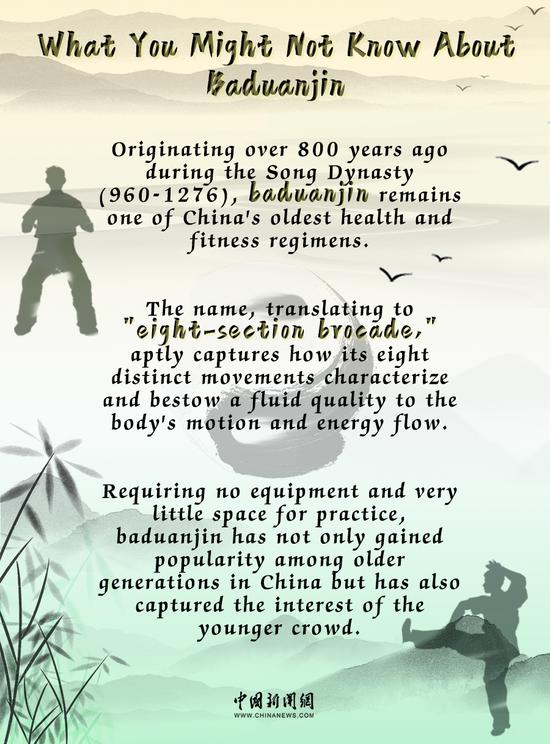
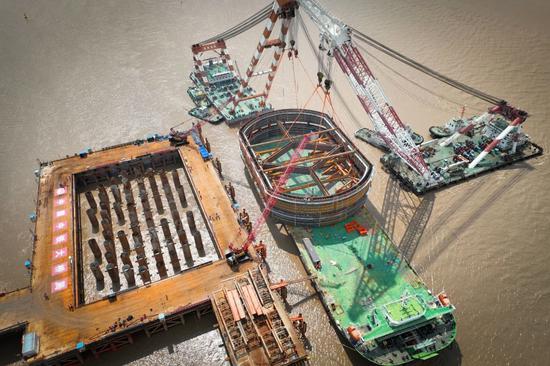
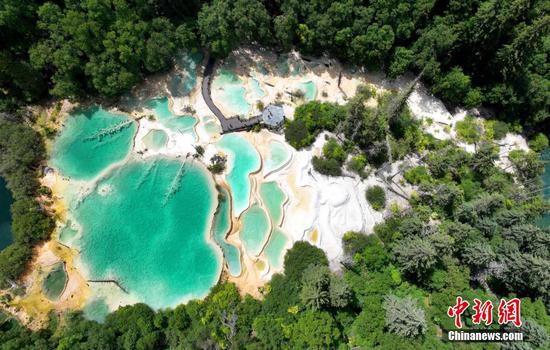
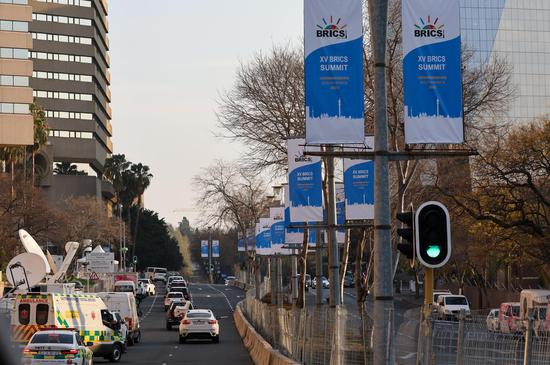
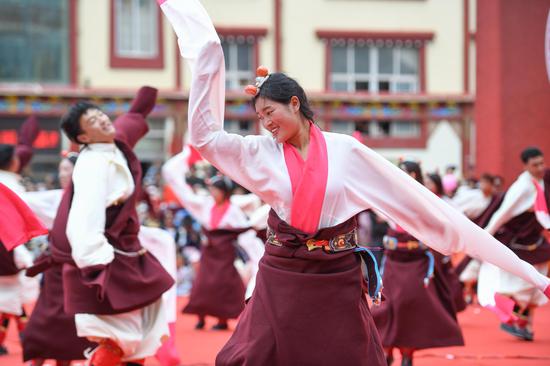
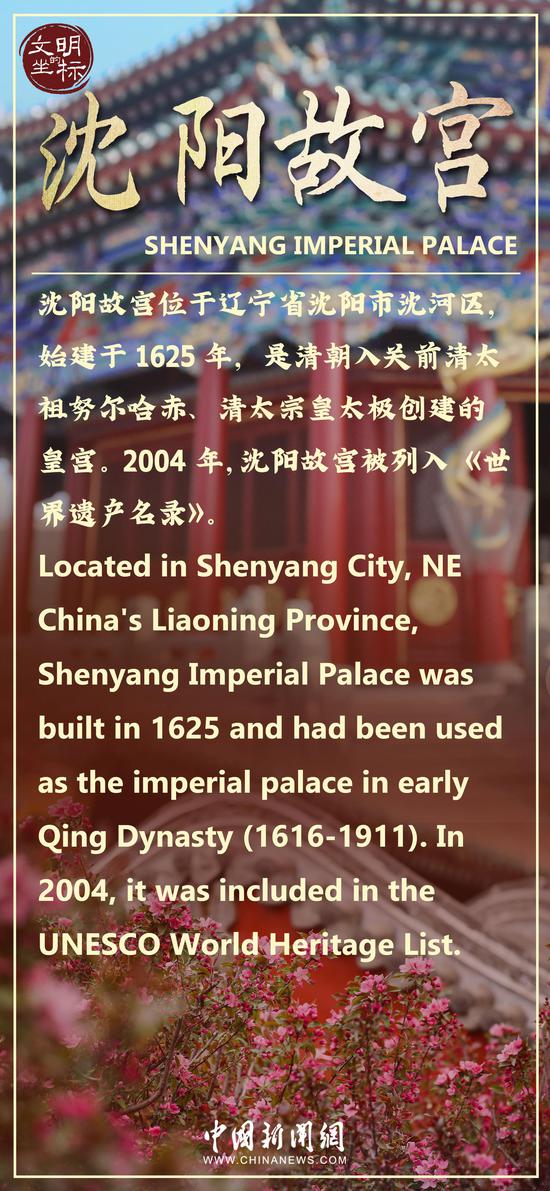
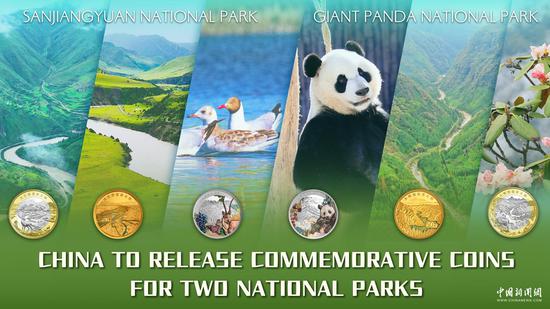
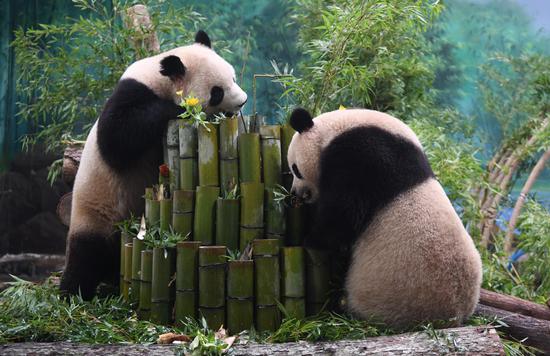
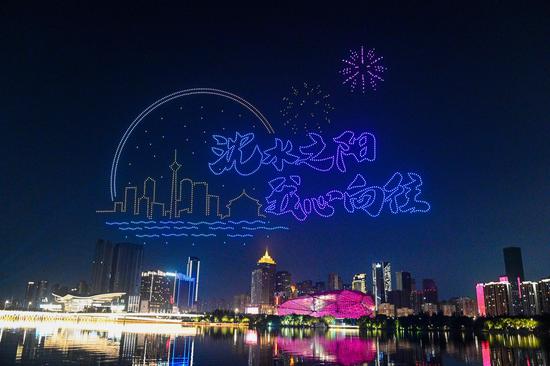
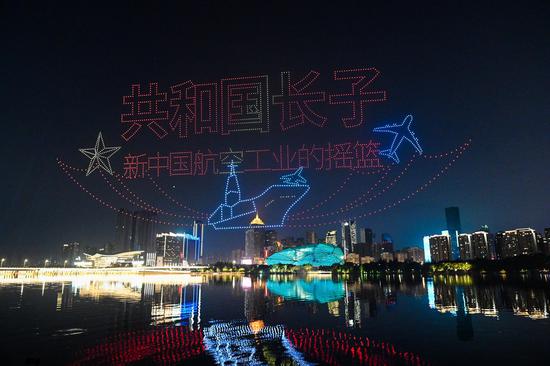
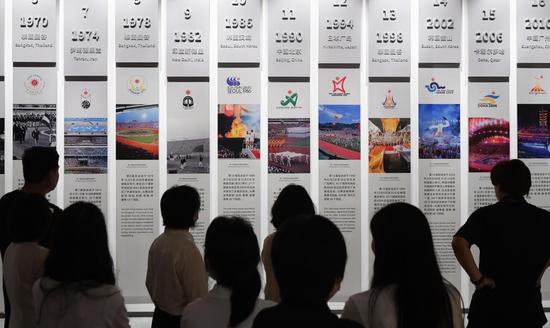
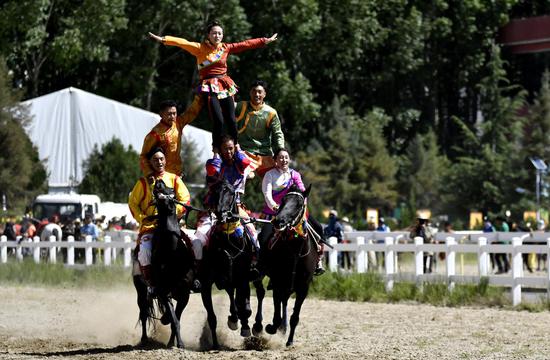

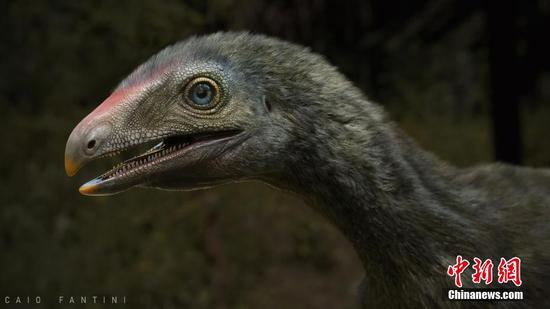
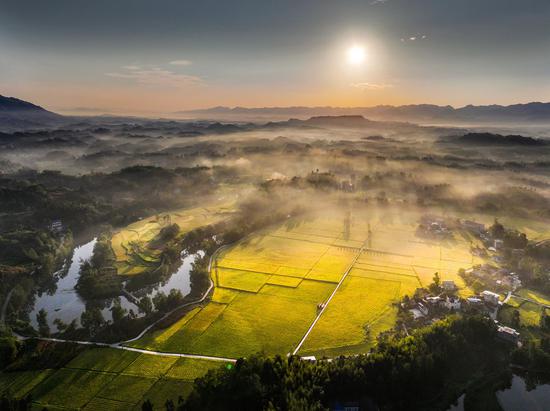
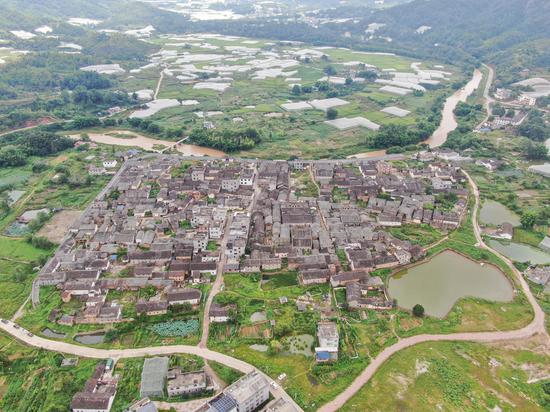
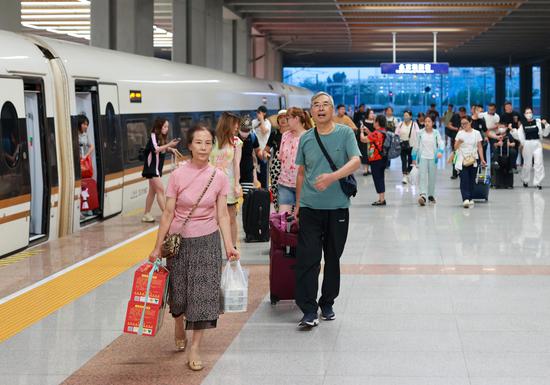
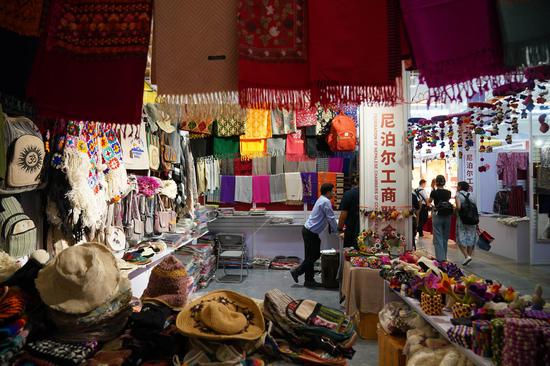

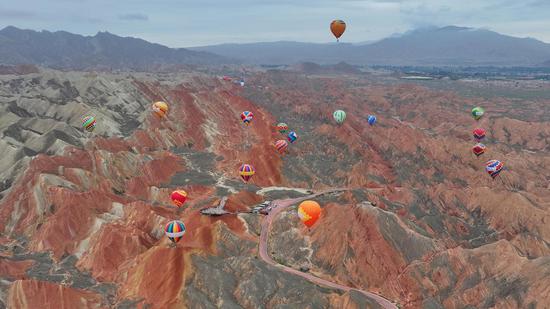
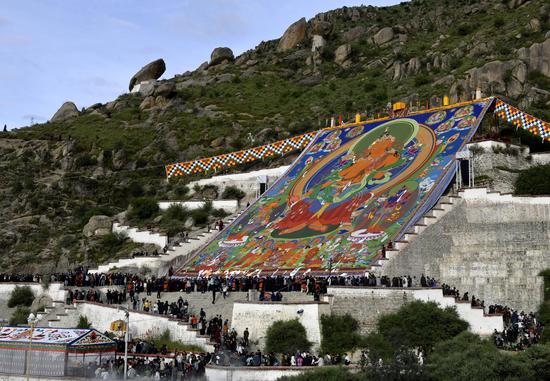

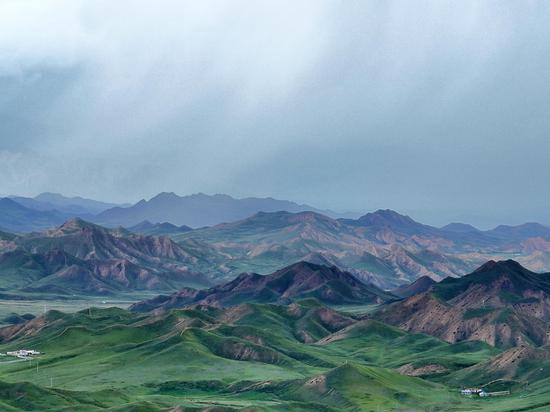
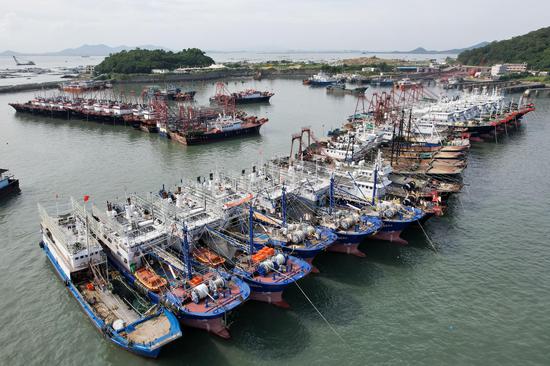

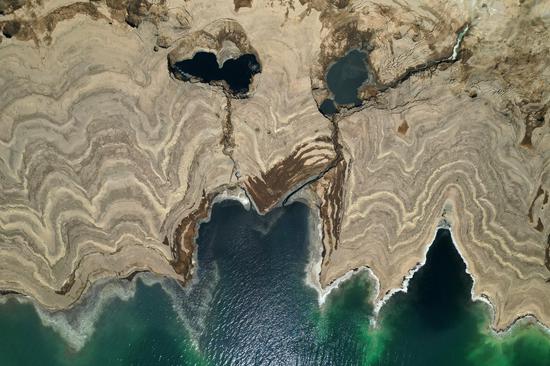

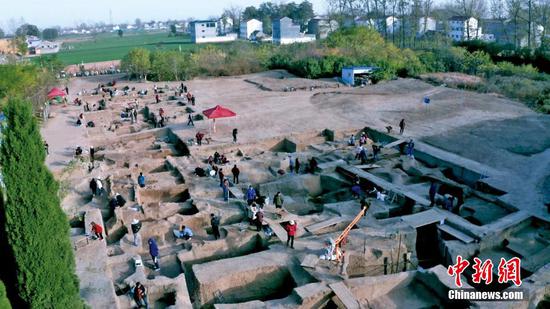
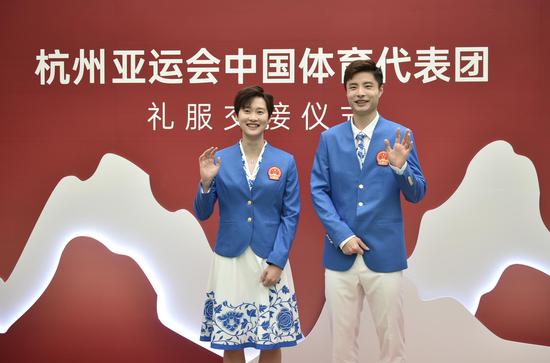
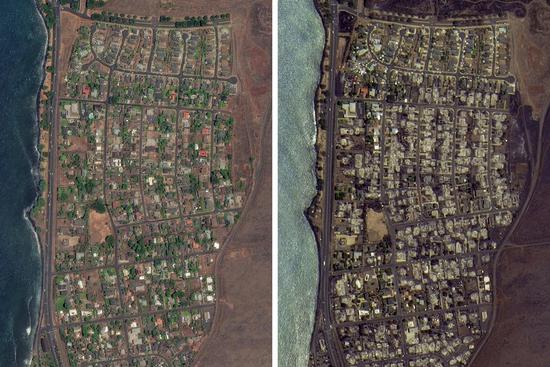
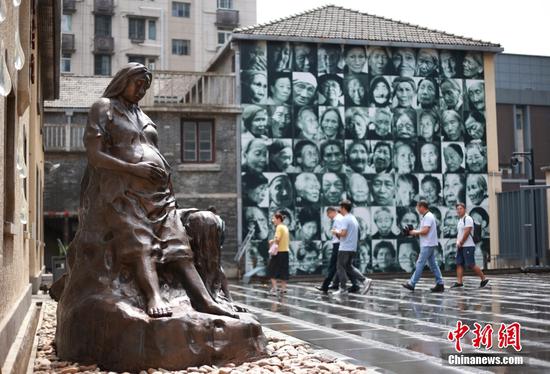
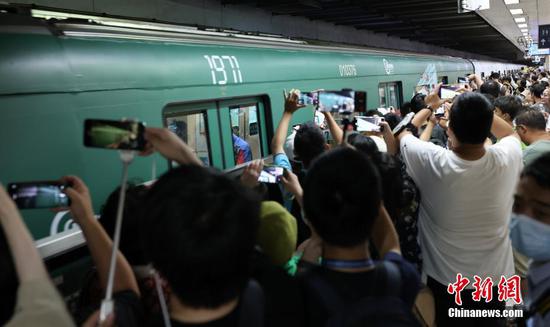
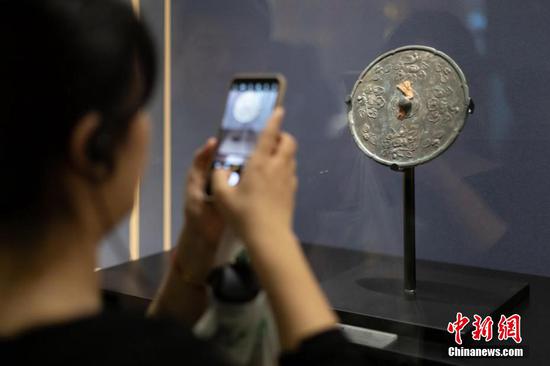
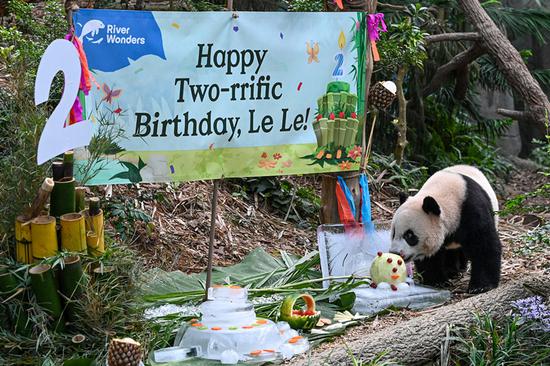
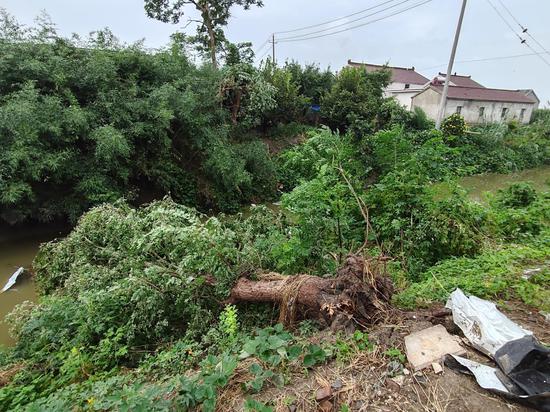
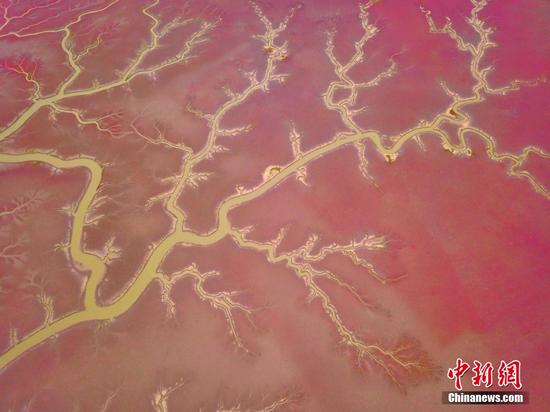
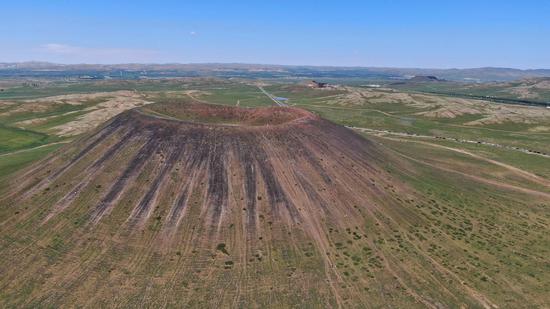





 京公网安备 11010202009201号
京公网安备 11010202009201号